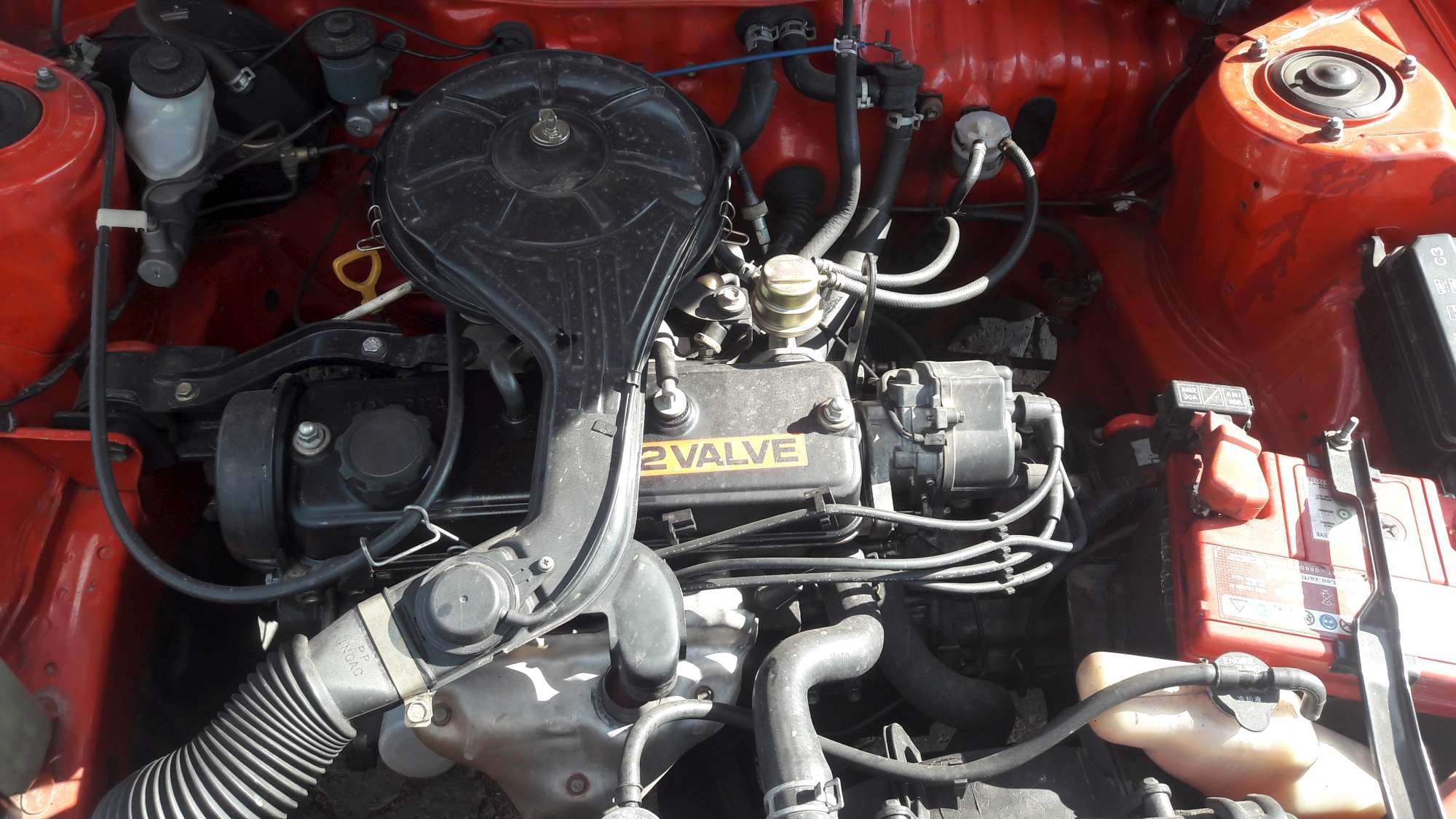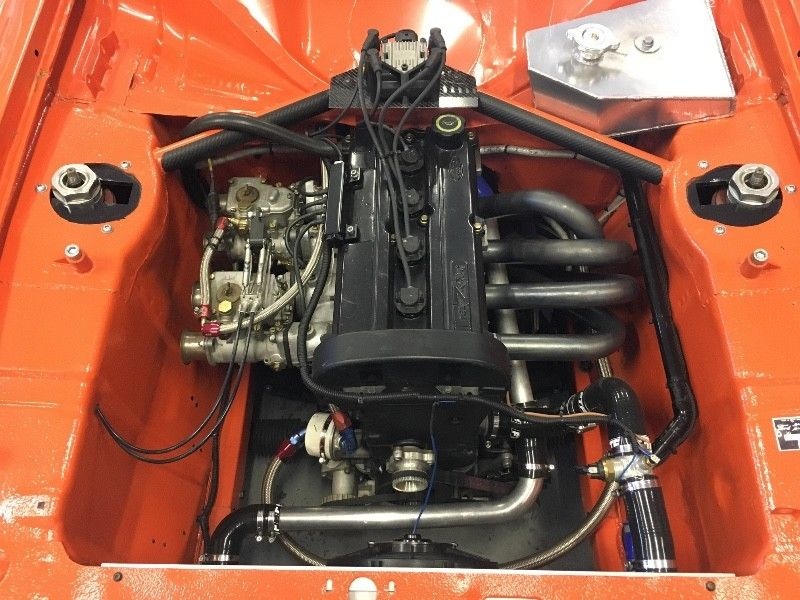Drive with Self-confidence: Toyota Tazz Engine for Sale, Genuine Components Just
Drive with Self-confidence: Toyota Tazz Engine for Sale, Genuine Components Just
Blog Article
Engine Purchasing Specialist Tips on Picking the Right Engine for Your Details Demands
Picking the right engine for your specific needs involves a complex interplay of factors that exceed simple horse power figures. From power outcome to fuel effectiveness, the decision-making process can be daunting. Understanding the nuances of engine kinds, dimensions, and their compatibility with your lorry is critical. There are experienced pointers that can assist navigate this terrain with confidence. By diving into the complexities of power versus efficiency, evaluating gas scores, and budgeting for long-lasting costs, one can truly maximize their engine choice.
Power Vs. Performance: Finding the Balance

When picking an engine, it is crucial to strike an equilibrium between power and efficiency to meet your details requirements successfully. Power describes the engine's capability to produce power for propulsion, figuring out elements like velocity, pulling capacity, and total efficiency (Toyota Tazz Engine For Sale). On the other hand, performance associates with how well the engine makes use of fuel to create power, affecting factors such as gas economic climate and ecological friendliness
Achieving the ideal balance in between power and efficiency is crucial since an engine that is too effective may eat excessive gas, resulting in greater operating expenses and unneeded stress on the setting. On the other hand, an engine that prioritizes effectiveness over power may lead to sluggish performance, specifically popular situations like pulling heavy tons or driving uphill.
To make an educated decision, take into consideration variables such as your typical driving problems, the intended usage of the vehicle, and your personal choices. By assessing your top priorities and requirements, you can select an engine that strikes the best equilibrium between power and effectiveness, ensuring ideal efficiency while minimizing environmental effect and operating prices.
Understanding Engine Size and Type

Typical engine types include inline engines, V engines, and rotating engines, each with its special advantages and drawbacks. Recognizing the interaction between engine size and kind is crucial in choosing an engine that aligns with your details requirements and concerns, whether it be power, efficiency, or an equilibrium of both.
Consider Your Vehicle's Needs
Considering your automobile's requirements is a basic action in the engine option process to ensure ideal performance and functionality. It is important to assess variables such as the intended usage of the vehicle, its weight, pulling capacity, and fuel performance requirements. As an example, if you are seeking an engine for a heavy-duty vehicle that will certainly be utilized for towing, you will certainly need a powerful engine with high torque capacities. On the other hand, if you are picking an engine for a compact cars and truck largely used for city commuting, gas performance may be a much more essential factor to think about.

Assessing Fuel Efficiency Ratings
Assessing fuel efficiency scores is an important element of selecting the right engine for your car, making certain price financial savings and environmental sustainability. Fuel performance scores, commonly determined in miles per gallon (MPG) for gas engines or kilowatt-hours per 100 miles (kWh/100 miles) for electric engines, indicate exactly how much a car can travel on a specific quantity of fuel or electrical energy. Higher MPG or reduced kWh/100 miles values represent more reliable engines, equating to reduced gas expenses and reduced carbon discharges.
When assessing fuel performance rankings, consider your driving routines and needs. If you commute cross countries daily, a very fuel-efficient engine can result in substantial cost savings with time. Furthermore, contrast different engine alternatives within the exact same lorry class to recognize the most cost-effective choice. Aspects such as site here engine dimension, weight, aerodynamics, and crossbreed or electric abilities can all affect fuel effectiveness.
Budgeting for Long-Term Prices
Strategically preparing for long-lasting useful content expenditures is imperative when choosing an engine, making certain monetary sustainability over the lorry's lifespan. While the first acquisition cost of an engine is a significant element, it is essential to think about the long-term expenses associated with maintenance, repair work, and fuel consumption. Selecting an extra fuel-efficient engine may have a greater in advance price however can result in considerable cost savings gradually. Normal upkeep, such as oil adjustments, filter replacements, and tune-ups, is crucial to maintain the engine running efficiently and successfully, reducing the risk of costly repairs down the line.
Additionally, looking into the availability and price of replacement components for the selected engine is important in spending plan planning. By very carefully budgeting for these long-term costs and factoring them right into the decision-making process, individuals can choose an engine that not just meets their instant needs however additionally my link remains affordable throughout its life-span.
Conclusion
To conclude, picking the right engine for your particular demands requires balancing power and performance, understanding engine size and type, considering your automobile's needs, assessing fuel effectiveness rankings, and budgeting for long-lasting prices. By carefully thinking about these aspects, you can make certain that you choose an engine that satisfies your needs and gives optimum performance for your car.
To additionally fine-tune the selection process of an engine that strikes the optimum balance in between power and performance, it is important to dive into the complexities of comprehending engine dimension and kind. Engine dimension refers to the overall volume of air and fuel that can be pushed through the engine cylinders. Common engine types consist of inline engines, V engines, and rotating engines, each with its one-of-a-kind benefits and downsides. Recognizing the interaction in between engine size and kind is crucial in choosing an engine that lines up with your particular needs and priorities, whether it be power, performance, or an equilibrium of both.
Gas effectiveness ratings, generally measured in miles per gallon (MPG) for gasoline engines or kilowatt-hours per 100 miles (kWh/100 miles) for electrical engines, suggest exactly how far a vehicle can take a trip on a certain amount of fuel or electricity.
Report this page